Each customer who scrolls the online stores and seeks something wants to buy the desired product or service and keep the time; and the e-commerce website or app target is to improve the person-oriented search process and trends and make them enjoyable, quick, and expectation-satisfied. To this end, the strategy designers highlight several core propositions for e-commerce personalization trends relevant in 2021:
- Visibility effects are best friends for quick e-commerce business recognition;
- AI-powered personalization is more understandable for the ordinary user;
- Psychological approach for multi-criterion customer assessment;
- Personalization should foster customization solutions that strengthen the e-commerce customer journey.
The outstanding trends emphasize the comprehensive investigation of your future client and build its indicative portrait. In this case, the success-oriented e-commerce business should include the personalization and customization routes into their marketing strategy, which the software tools and developments could implement.
So, investing in the customer-based sale strategy initiatives increase the profit indicators of the ordinary e-commerce business and expands its opportunities to work on global markets.
Anyway, the store owner’s task is to simplify the search actions for such customers and increase the business profits via filling the segments for possible customers’ preferences.
When a typical shopper sits in a cozy place with a smartphone or tablet and searches for a new jacket or beauty salon via available filters and keywords, this product or service seeker customizes the e-commerce market agents and stimulates them to tailor their offers with the particular needs. Otherwise, online commercial websites diversify their assortments and segments to attract that shopper and collect information about the preferred products or services ordered or saved to offer the substitute or supplement goods. In such a way, the e-commerce relations become more individual and personalize their product lines.
The simple explanation discovers the importance of e-commerce personalization and customization solutions in modern trading tendencies. According to the business research, 71% of the analyzed customers ignore the websites without interpersonal offers or sales because they feel frustrated and could not find a suitable algorithm for their actions.
What Are E-commerce Personalization Solutions

Personalization in the e-commerce business is the new black. This trendy online commercial development is a must-have thing to boost your sales and make your brand popular. Personalization solutions are successfully implemented in all business spheres, but e-commerce feels the paramount necessity to use the identification tools and solutions.
Personalization is that the e-commerce business could offer a client the preferable items, services, music, and other application stuffing. In this case, a website or app visitor could surf the assortment presented, choose the necessary products, and share the scalable data platforms with their tastes and preferences. The last one could generate the supporting items to clue the client into possibly interesting products and supplementary goods to complete the purchase.
The business enlargement and profit increase are also stimulated by the personalization solutions within the comprehensive e-commerce marketing strategy. The personalization solutions are based on psychological and business development concepts. The psychological aspect means generating the feeling of the client’s importance and happiness to handle the menu content independently and up to the client’s wish. The person-centralized business decisions help distinguish the client’s personality and allow them to manage their choices and keep with your e-retail store for an extended period.
To organize the productive personalization system, the e-commerce business startup needs to facilitate three personalization strategies that motivate the business to diversify the customer acquaintance activities:
- marketing tactical tools which combine economic and technical developments to collect the maximum information about ordinary visitors and transform them into permanent clients. In this case, the available options could foresee the high-priority focus on strangers looking for an eye-catching website with proper navigation, filtering, and support stuffing. Pretty important is to follow up the relations with your client via direct emails, questionnaires, and service evaluation offers.
- sales-oriented approach stimulates purchases via tailoring client’s searchers with possible supplementary or alternative products. This method is the best if your business attracts ad hoc clients as future purchasable shoppers. An excellent option is to compile the subscribe offers and discount prospects where the products could be gathered for different categories of purchasers satisfying their initial needs.
- customer is always a principal element in the e-commerce business structure. The well-established communication channels are ultimately 99% of your e-commerce profits. React to your client’s needs, pain points, and challenges via separate chats, opt-in forms, thank you pages, support options, personal offers, technical support, etc.
Why Do You Need E-commerce Customization?
When personalization is a separate marketing strategy that consists of detailed planning milestones and partial information collection to know your clients better, e-commerce customization means the person’s efforts and actions to manage their purchases, functionality options, and navigation using the previously foreseen alternatives and features.
Customization is an e-commerce profit booster because the well-organized website or app structure with attractive colorful and web-design elements help the users quickly orient the embedded functionality and initial purpose. The customization improves the user experience because it supports the website visitors to control cooperations. In other words, each user could receive something they want from an online service or application. This e-commerce marketing and technical solution better operate if the user knows the desirable product or service qualities and parameters. The fundamental principle for practical customization work is to align the natural (human) intellect but not artificial.
The customizable e-commerce is characterized by the following benefits which the users will definitely appreciate:
- understandable and easily handled interface. The picture and website content should be attractive and valuable. The overall concept could have some cross-cutting elements and be associated with the logical steps and keywords to make the simple actions or choices.
- a simple algorithm of actions. For instance, if you want to change the settings or choose the required options, the website or app structure should be built understandably. The whole searching route should have the core algorithm embedded in similar apps or web-stores, however, the last ones need to demonstrate some personalized features to engage more clients.
- attractive UI design. The navigation should have the typical and helpful coloring to spend less time if the client wants to find the needed options or adjust the appropriate parameters.
- freedom and confidentiality of the user’s choices. The client must be sure that the inquiries or forms filled by the personal information could not be used illegally. Also, the excellent function is availability for automatizing some actions and permanent inquiries for some access to the personal data (gallery, camera, etc).
Best Solutions For Beneficial Customizable And Customer-focused E-commerce

You always face the best examples of wisely implemented personalization and customization improvements to accelerate e-commerce sales and qualify the companies as client-focused. Most of the selected e-commerce leaders demonstrate mainstream tendencies when they create unique front-end solutions for the maximum compliance of the client role in the business development:
- Facebook. This is not a standard social media platform for chatting and check-ins but primarily classifies a master of the customizable e-commerce business. Facebook allows the user to choose the preferable content and add thematic advertising messages or videos to promote the B2C operations. Even if the client adjusts the necessary settings, the system regularly scans the inserted information and tailors the wishes with the possibly resembled commercial recommendations.
- Amazon. The leading eCommercial company in the post-pandemic period enabled them to understand and follow their clients’ personal needs and searchers. The personalization strategy reached the global markets and almost made their competitors weak to keep running in this business. Amazon has many tricks to collect information about their customers belonging to different categories and provides them with the special offers they might be interested in.
- Netflix. This entertainment service provider knows its clients with a 100% guarantee. The absolute assurance in the customer preferences is possible when the company discovers their needs by analyzing the history of watches or choices. To keep the business-client communication stable, the company actively uses push messages and updates its UI style.
- Spotify. This e-commerce business operator understands how to use the supplementary segments for their sales of services. Hence, if a person likes to exercise in the morning running using the particular app, Spotify could form an impressive list of your favorite and sport-related songs.
- Google. This multisegmental company is not only a browser developer but also a giant IT products maker. All its deliverables are demanded and approved by the users. The answer is simple – the right marketing policy, including personalization and customization elements generated on B2B and B2C basis. The practical evaluation of the client’s needs via the searching options allows analyzing their needs as quickly as possible to offer the appropriate business partner solutions.
- Weather forecast. These typical apps or websites are a classic example of the customizable e-commerce because they can track the user locations and movements and notify the respective weather information promoting some business offers.
- Accommodation booking apps. Following the media or entertainment companies, the accommodation agents select the customers’ information, save the booked places, and offer similar venues and locations of accommodation for future traveling recommendations. Their developments have a well-organized set of filters and options for straightforward customer usage. Also, they actively promote B2B cooperations and post catering and recreation business advertisements.
The selected examples are not exhaustive and enumerate many e-commerce business entities which could balance different personalization and customization options to receive the maximum benefits for both parties.
Differences Between E-commerce Personalization And Customization
Personalization and customization are tailored terms and impact the e-commerce business’s success. The wise combination of these marketing instruments improves sales and fills the segmentation gaps. To sum up the pros of e-commerce customization along with personalization options, you may compare their critical parameters:
| Comparable Parameters | E-commerce Personalization | E-commerce Customization |
|---|---|---|
| Client Role | Partial Clients provide some personal and product-preferable information which creates the type of customers and fills the available database platforms of the business owner. | Main Users could manage apps or websites by themselves and set the work options up to their useability. However, the client setting preferences should be foreseen by the developers of the online trade platforms beforehand. |
| Business Benefits | The collected information helps to build individual offers and present them for similar-divided customer groups. The unpressing actions, suggestions, questions, and creative design solutions for online tools create a relaxable atmosphere and inspire customers to continue commercial cooperation with your e-store. | The business should involve tailored developers and business analysts to consider all aspects of suitable and creative HTML/CSS design and add all possible alternatives if you want your clients to feel free to scroll the pages and choose the embedded solutions. |
| Acceptable Examples | Well-personalized e-commerce tools have individual chats, practice direct emails, compile the individual prospects or offers based on the retraced history of views or orders. | The customizable e-commerce websites or apps automatically or in-hand allow the clients to adjust their profile and filter the broad range of products or services. |
| Risks To Use | Obsessive notifications or a large number of personalized options could be annoying and make the clients angry. So, you may lose your current or possible clients, mainly if you apply personnel calls. | Businesses should invest much technical and financial resources to provide the clients with preferable functions and create understandable functionality. However, such risks will be entirely eliminated in the near future. |
Update your e-commerce website with helpful tools and options to analyze your clients better and discover new opportunities for trading optimization. Our specialists are the 24/7 assistants to encourage your e-commerce business development in client identification.
FAQ
To personalize your e-commerce business via available omnichannel solutions and front-end and back-end improvements is a win-win marketing strategy to satisfy the clients who trust the markets, offering them the goods and services they need. Also, the business notices the incredibly fantastic profit ups without significant investment or optimization amendments.
Personalization focuses on the customer and collects all information about the favorite and ordered products and services to offer possible alternatives. At the same time, customization implemented mainly by the customer is an action to suit the personalized website according to the particular needs and tastes via different filters and keywords.
Personalization is a key to enhancing the customer’s importance. Feeling the personal specialty is a psychologically normal wish. That’s why we like to see recommendations about luxury accessories when we have selected the preferable laptop, enjoy drinking coke or coffee from the name-subscribed bottle or cup, or feel appreciation if we receive a special discount for our birthday.
The comprehensive approach for improvements of sales via e-commerce personalization tools includes tangible and intangible solutions. The transcendental decisions have the primary personalization strategies (marketing, sales, and customer-oriented) comprising the set of actions to optimize the e-commerce functionality and boost online sales incredibly.
The personalization strategies cover three key components which impact the e-commerce fruitful operation – customer, sales, and marketing. These elements and their types impact the whole mechanism for commercial optimization due to the verification of the product and customer segments and the establishment of the successful ties between the client’s needs and the website offers.
The personalization of your e-business, especially direct emailing, personal offers, discounts for birthdays, establishes unique relations between customer and business owner. The person feels some specialty and importance for the particular store, which always knows everything preferable and needed in advance.
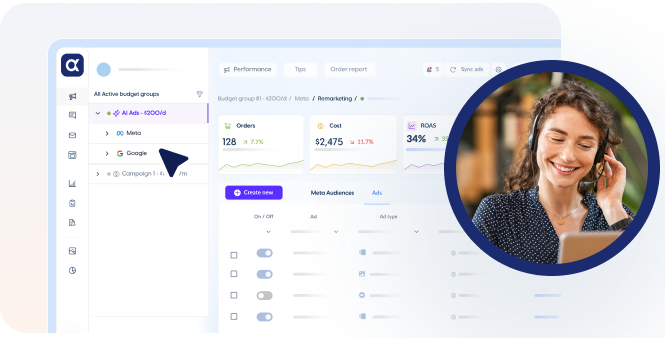

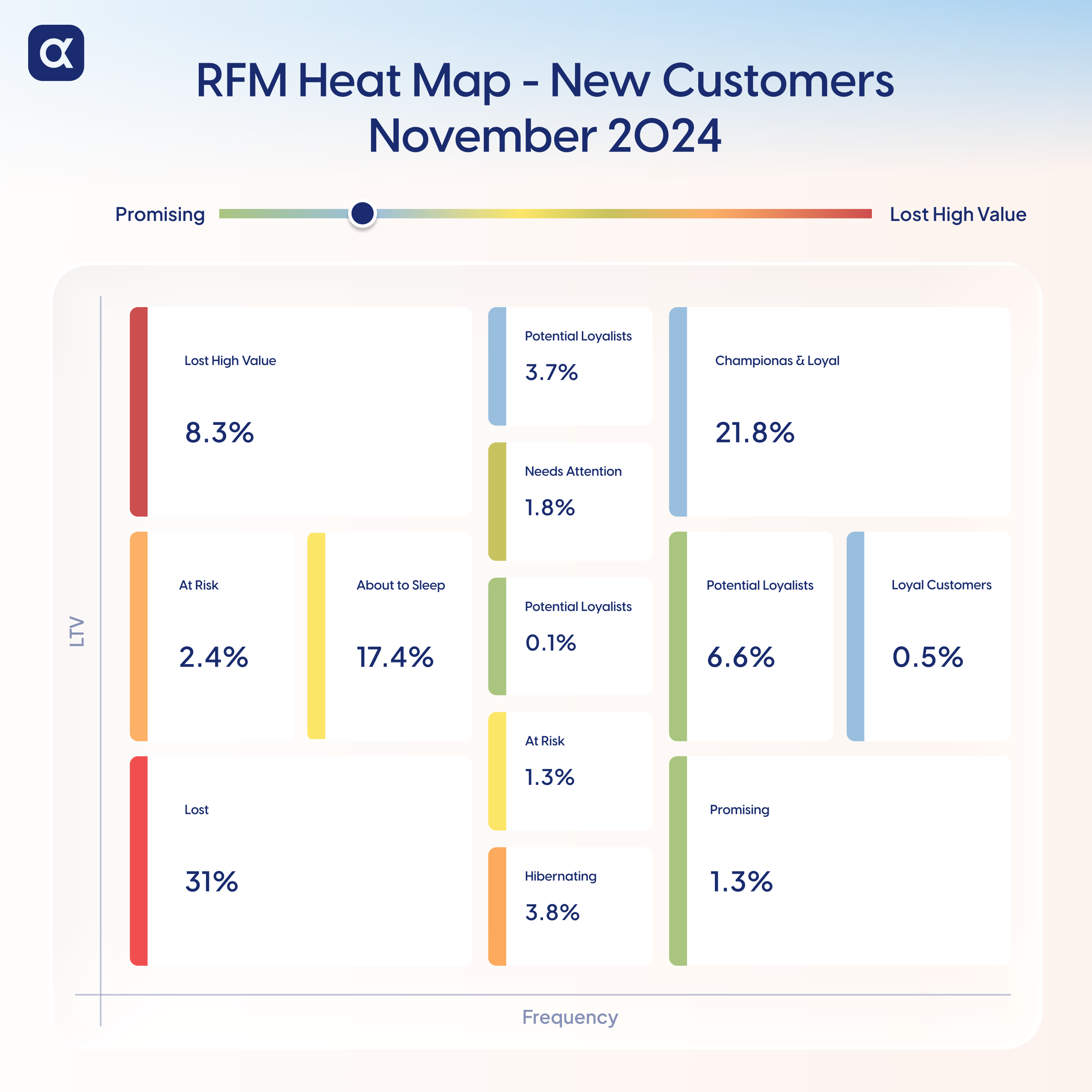
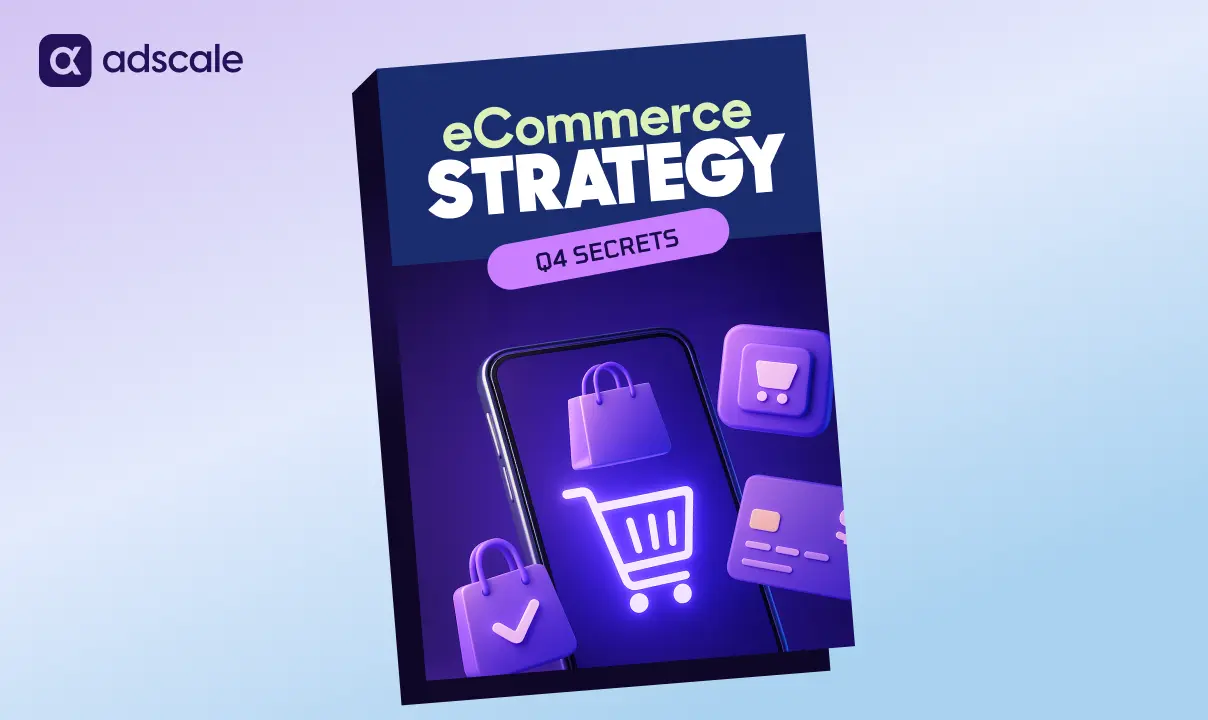



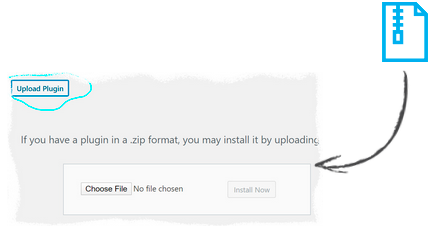

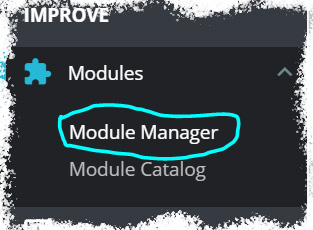
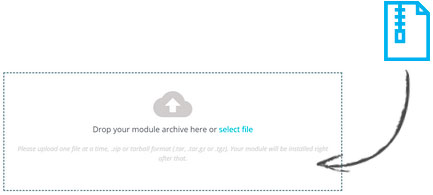
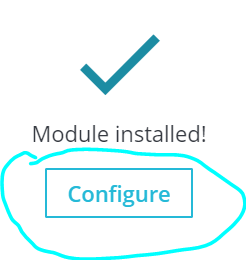



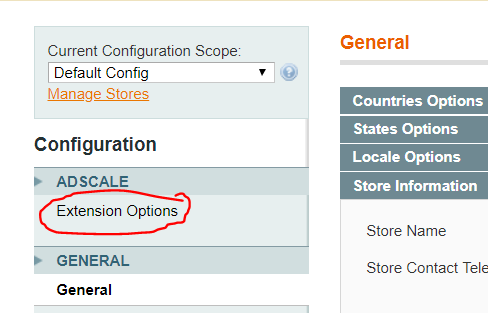
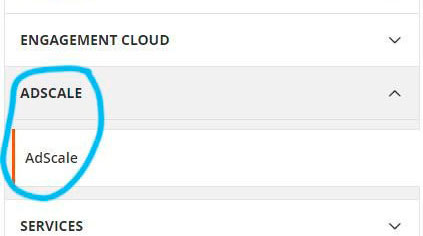
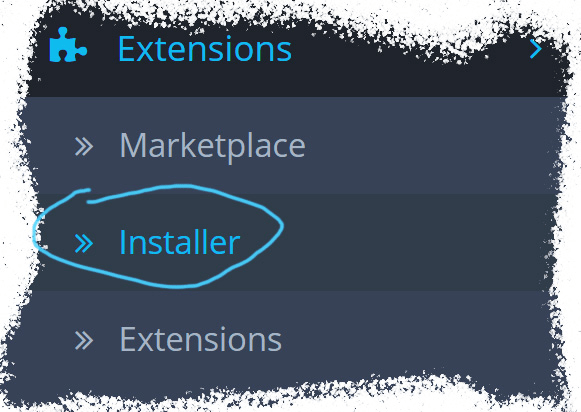
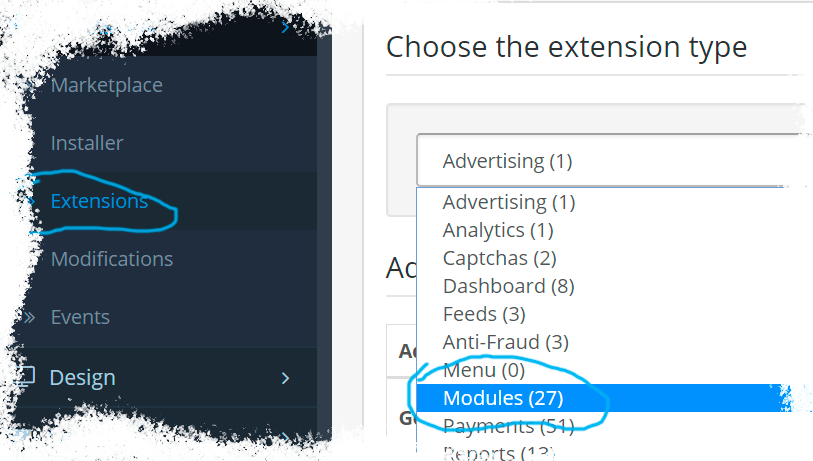
 ,
,